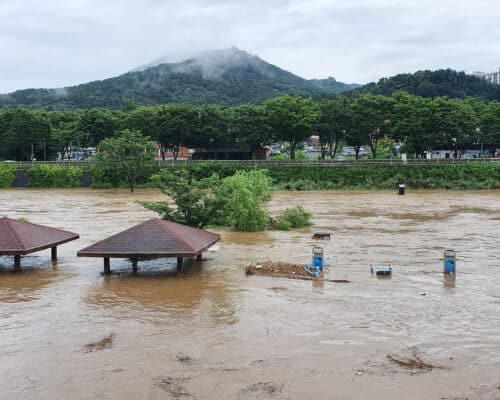Features
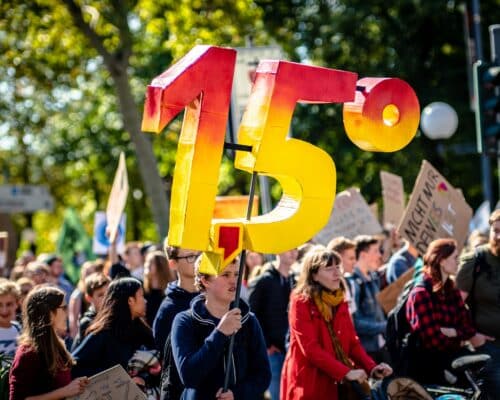
IEA: Urgent and Joint Action Needed To Keep the 1.5°C Target Alive
The IEA's latest report is clear: global leaders either take urgent and collective action now or miss the 1.5°C target.
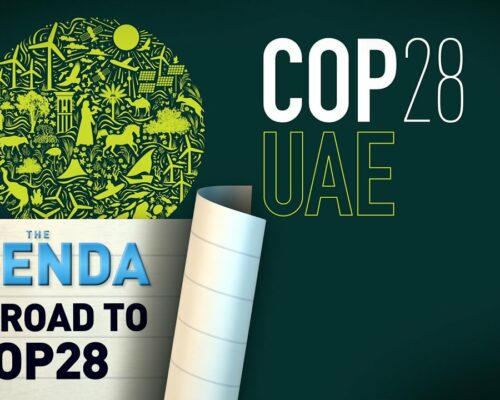
COP28 Agenda: Blueprint for Inclusive Global Climate Action
COP28 will focus on the first Paris Agreement Global Stocktake and will use the moment to realign national commitments towards limiting warming to 1.5°C. The meeting's agenda primarily aims to reduce emissions, increase renewable energy capacity, develop the financial system to support this goal and make climate action inclusive to all stakeholders.
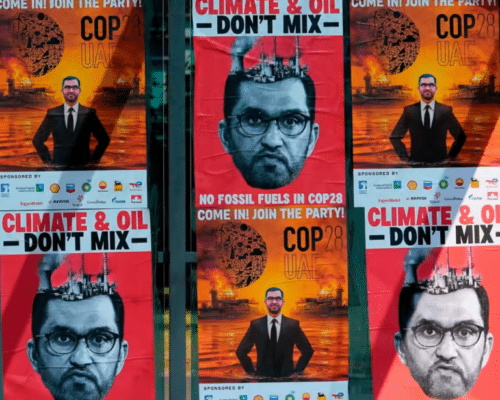
COP28 President and the UAE’s Lacklustre History on Climate Action
The United Arab Emirates is hosting COP28. The country's economy heavily depends on fossil fuels, and its choice for COP28 president has a long history in the industry. Will this impact the conference?
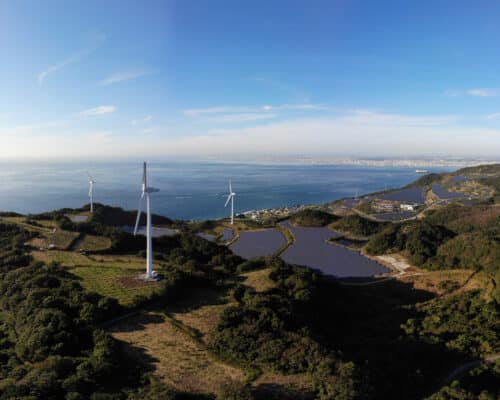
Taxation in Japan Jeopardises its Solar Sector
Japan has been grappling with how to decrease its disproportionate carbon emissions relative to its population of only 123 million people. Part of that solution includes developing solar power. However, there's a growing movement in more than 200 Japanese municipalities to levy prohibitive taxes on new solar power projects.
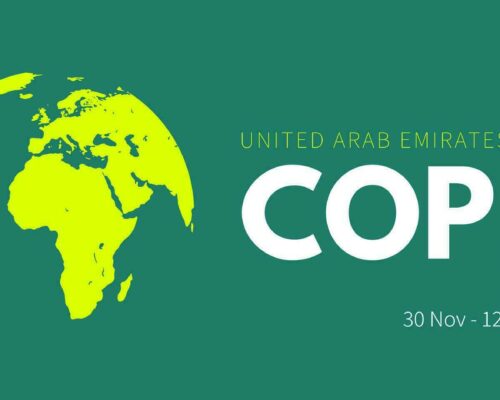
COP28 UAE – Goals and Commitments
This year's COP meeting will be held in the United Arab Emirates. The COP28 president has announced major goals for the summit, focusing on speeding up the global energy transition and making this year's COP the most inclusive yet.
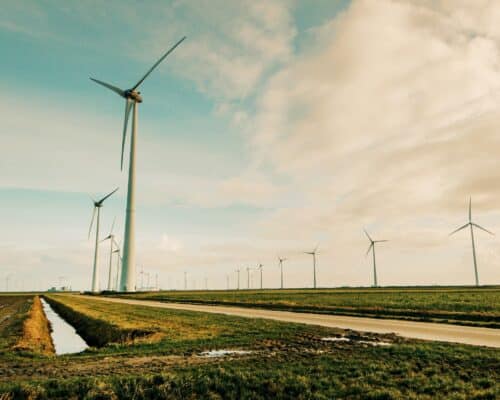
Breakthrough Agenda 2023: Cooperation Key to Advancing Clean Technologies
The clean energy transition is advancing but not at a pace adequate for a net-zero scenario. The Breakthrough Agenda Report 2023 recommends governments strengthen collaboration and ease regulatory burdens to accelerate clean technology deployment.
The Philippines’ Choice: Going Clean or Going With SMC
The Philippines has immense clean energy potential and has already witnessed the benefits of tapping into it. Whether the government continues in this direction will reveal if its priorities lay with the corporations or the public interest.
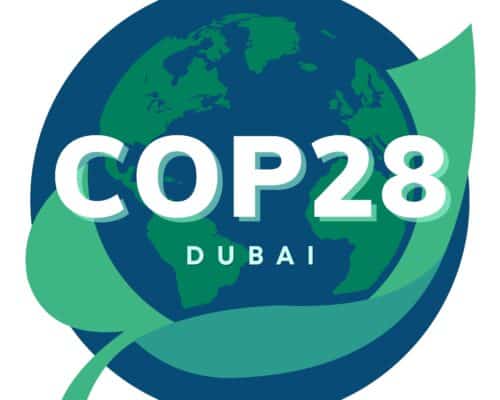
UN Climate Ambition Summit Sets Upcoming COP28 Agenda
UN Secretary-General António Guterres has pulled off an effective stroke of climate change diplomacy, upping the ante on major polluting countries and calling for more contributions and funds to poorer countries impacted unfairly by climate change. He also pressed for a coal-fired power generation phaseout and is already setting the climate agenda two months before the COP28 Summit in Dubai, UAE.
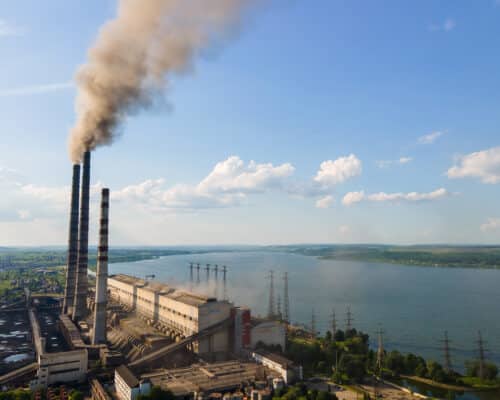
ASEAN Countries Need to Prioritise Renewable Energy Not Ammonia, Hydrogen and CCS
While Japan argues that its GX strategy can help countries accelerate their energy transition and ensure a reliable power supply, experts accuse the government of trying to export its fossil fuel lobby's interests. Southeast Asian countries shouldn’t be the ones paying the price.

G20 Summit 2023 in India: Leaders Fail on Fossil Fuel Phase-out and Emissions Cuts
While the proposed tripling of renewable energy capacity is a positive step, the lack of any mention of fossil fuel phase-out or concrete emission reduction targets is disappointing. Yet, both are indispensable for achieving the Paris Agreement targets.
Japan’s Energy Policy Is Turning It Into the World’s Climate Villain
Japan is quickly becoming the odd one at the table of the G7 regarding climate policies. Scientists, analysts and environmental and societal groups see it as the culprit of climate change inaction. It is time for Japanese governmental and corporate leadership to change that perception.

The LNG Plans For Samsung’s New Megaproject Threaten Its Reputation
Today, Samsung is far from being a climate leader - neither in terms of current progress nor when it comes to pledges. However, the company has all the means to become one. Advocating for more renewables and less fossil fuels in South Korea's climate policies is a crucial first step.
Most Popular
Categories
-
10
-
34
-
126
-
4
-
17
-
46
-
52
-
11
-
10
-
15
-
24
-
6
-
1
-
5
-
6
-
279
-
199
-
17
-
24
-
1
-
1
-
23
-
41
-
44
-
87
-
18
-
86
-
41
-
17
-
11
-
43
-
52
-
86
-
294
-
22
-
44
-
36
-
10
-
42
-
36
